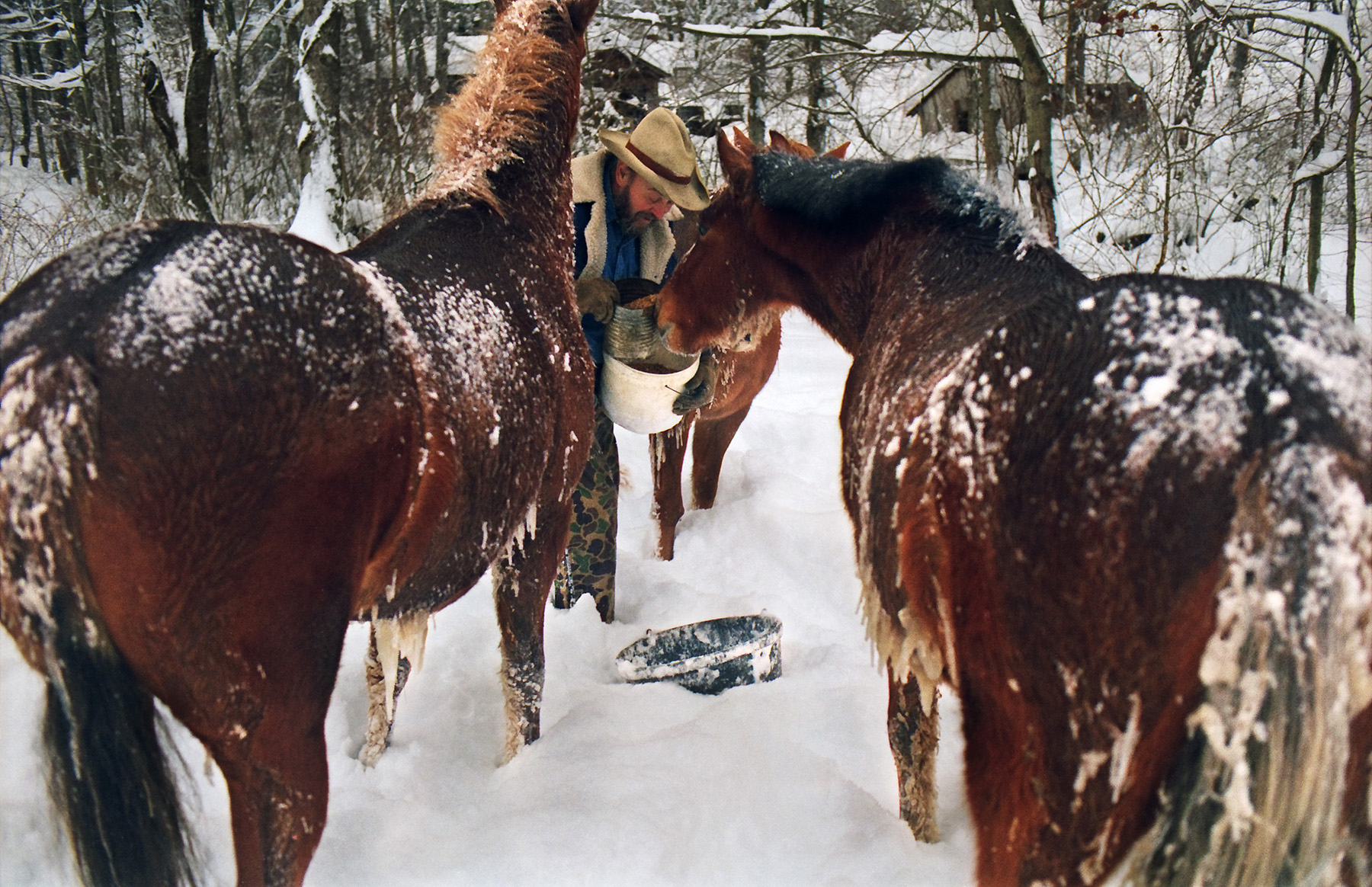
Winter weather can limit the amount of saddle time at stables in colder, snowier regions of the country. The season also tends to have fewer shows and activities. That creates an opportunity for clients to continue learning about horse care through clinics and seminars.
At Double L Stables in Hancock, Maine, AQHA Professional Horsewoman Wanda Lounder tries to find ways to incorporate these learning opportunities into the regular barn routine. When she schedules chiropractic and acupuncture appointments for the horses, she does so on a day that is booked with lessons.
“Our chiropractor is so good about explaining what she is doing,” Lounder said. “She lets people watch and ask questions and doesn’t charge a fee.”
By scheduling these appointments around regular barn activities, clients save on travel time and expenses and don’t feel pressured to spend more.
“I’m very conscientious of the fact that clients can feel the push to spend money. When that pressure becomes too much, they just stop horses all together,” she said.
On the other hand, hosting clinics and seminars can provide an added income stream for stables during slower months. However, Lounder has found that January and February are challenging months to hold these events.
“This time of year is tight (financially) for a lot of people coming off the holidays,” she said. “It’s hard to ask people to spend money on a clinic when they have a big credit card bill coming due.”
Instead of hosting clinics, Lounder builds educational topics into regular lessons. She stresses the importance of warm-up and cool-down and talks about topics such as changing dietary needs during the winter months. She also runs the AQHA Jr. and Sr. Master Horseman programs at her barn, which provide young riders access to beginner, intermediate and advanced level horse care practices.
If your stable doesn’t have the capacity to host low-budget clinics or workshops, tune in to programs hosted by local veterinarians, feed companies, colleges or universities, and cooperative extensions services.
“We don’t have a lot of those opportunities in our area, but would be great learning opportunities if they were available,” she said.


